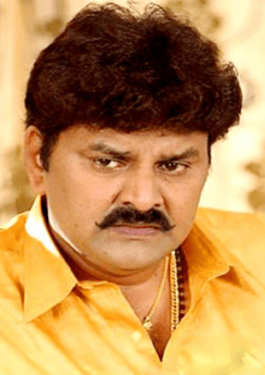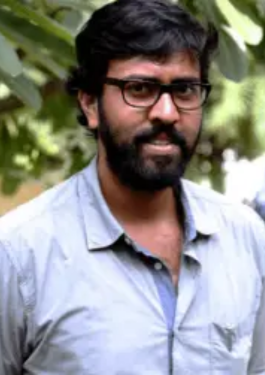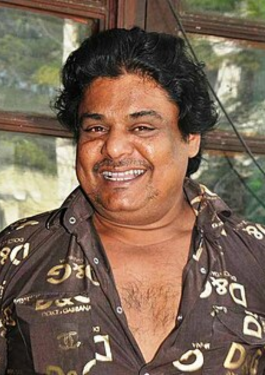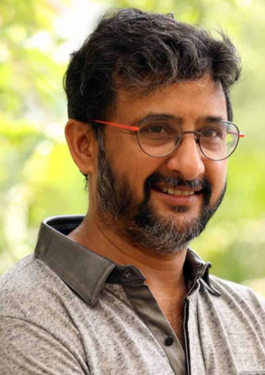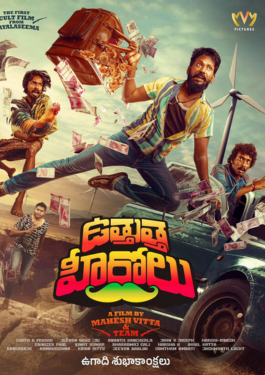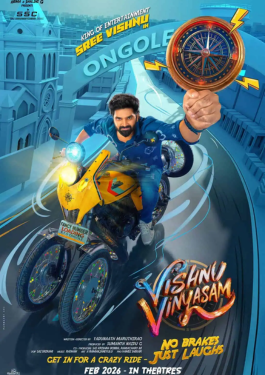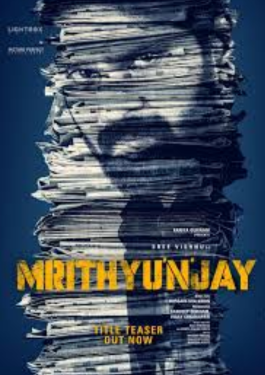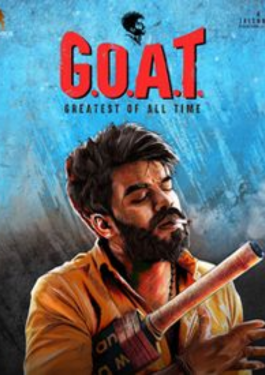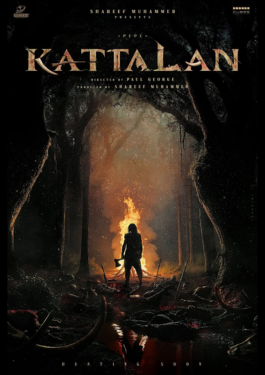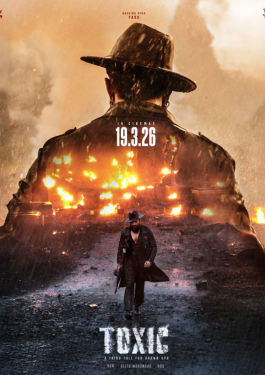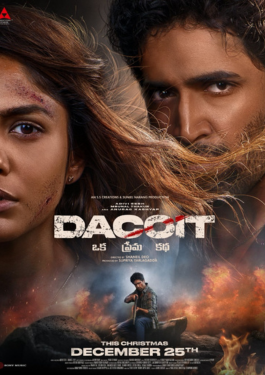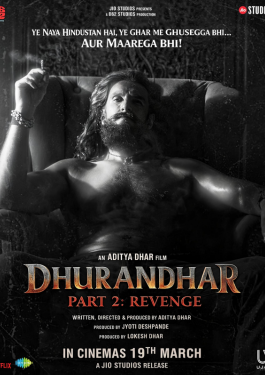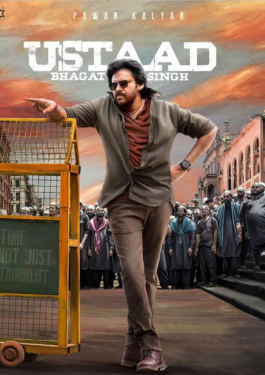- September 28, 2023 / 10:21 PM ISTByFilmy Focus
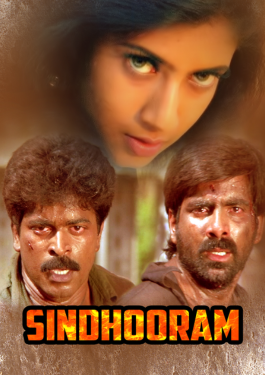
Sindhooram
- Action
- Drama
- Crime
- Brahmaji (Hero)
- Ravi Teja (Hero)
- Sanghavi (Heroine)
- Krishna Vamsi (Director)
- Sri (Music Director)
- Mullapudi Mohan (producer)
Telugu
TheatreStory:
“Sindhooram,” a 1997 Indian Telugu-language crime film written and directed by Krishna Vamsi, explores the complexities of Naxalism in Andhra Pradesh. The cast includes Brahmaji and Sanghavi in leading roles, with Ravi Teja and Soundarya in supporting parts. The film received acclaim upon its release, both for its storyline and its soundtrack, amassing a dedicated following.
The film garnered recognition with the National Film Award for Best Feature Film in Telugu and was showcased at the International Film Festival of India. Additionally, it clinched five Nandi Awards.The plot revolves around a group of police constables returning home from election duty, whose van is attacked and destroyed by Naxals.Bulliraju, in the midst of police training, is a passionate individual with a strong sense of justice.
Hailing from a small village near the Godavari river, he shares a camaraderie with Chanti, Bairagi, Satipandu, and others from the same village, although some of them are Naxals providing information to insurgents in the nearby forest for their unlawful activities. This exchange fuels the Naxals’ acts of terror.
Baby and Lakshmi are two girls in the village; Baby loves Bulliraju, while Lakshmi has affections for Chanti. The village also houses various other characters such as landlords, policemen, doctors, farmers, and laborers.Bulliraju, upon returning from police training, is disheartened to find that the local police force seems more like enforcers of the wealthy than protectors of justice.
When Satipandu, his friend, is suspected of being a covert Naxal and arrested, Bulliraju comes to his defense. In a tragic turn of events, Bulliraju accidentally shoots the Sub-Inspector, leading to his branding as a Naxal. Despite having no interest in Communist/Maoist ideologies, Bulliraju eventually assumes leadership of the group, emphasizing justice delivery over ideology, effectively transforming the Naxal gang into a group of vigilantes.
While he strives to maintain law and order in the surrounding villages, the police view him as a threat.Bulliraju’s training officer is tasked with eradicating Naxalism from the area and considers Bulliraju an outlaw who infiltrated the police force for information. He is determined to bring Bulliraju to justice. When Bairagi is betrayed and captured by an illegal arms dealer, Bulliraju resorts to kidnapping the local minister in an attempt to secure Bairagi’s release.
However, Bulliraju’s gang faces significant challenges, including poisoned water, police confrontations, and harsh environmental conditions. Despite dwindling ammunition, they continue their fight. The police relentlessly pursue them, resulting in heavy casualties on both sides.The film’s overarching message underscores that when individuals feel they have nothing to lose, they will take matters into their own hands.
In the absence of justice through official channels, people seek it wherever they can find it. Justice is as vital to society as sustenance, and when it becomes a luxury, chaos ensues, and death becomes a way of life. When a government fails to deliver the justice society craves, the populace will seek it by any means necessary, just as a drowning person grasps for air.
More Details
| Director | Krishna Vamsi |
|---|---|
| Story | Krishna Vamsi |
| Screenplay | Krishna Vamsi |
| Dialogues | K. N. Y. Patanjali |
| Cinematography | S. K. A. Bhupathi |
| Editor | K. Shankar |
| Music | Sri |
| Producer | Mullapudi Mohan |
| Cast | Brahmaji Ravi Teja Sanghavi Vetukuri Narasimha RajuBhanu ChanderChalapathi RaoParuchuri Venkateswara RaoPrudhvi RajSivaji RajaSurya Kumar BhagvandasAnnapurna Adusumilli Janardhan Vara PrasadBandla Ganesh Babu |
| Release Type | Theatre |
| Language | Telugu |
| Production | Andhra Talkies |
| OTT Platform | Prime Video |


